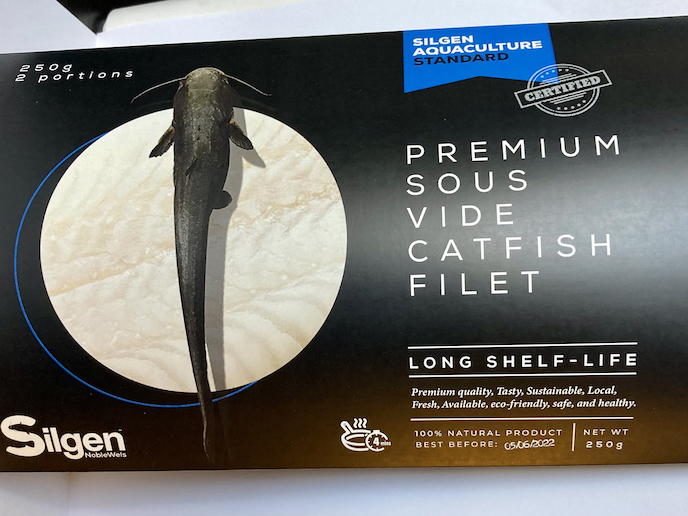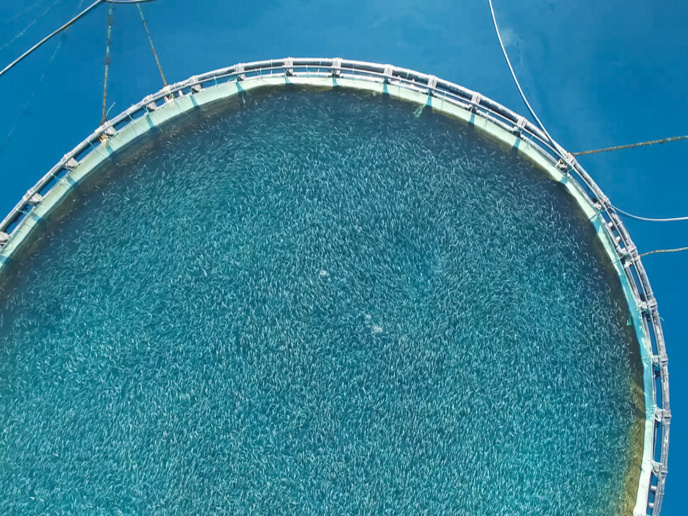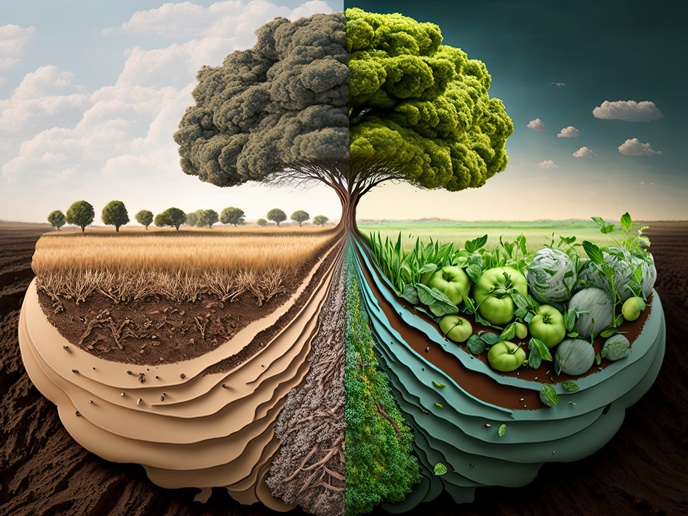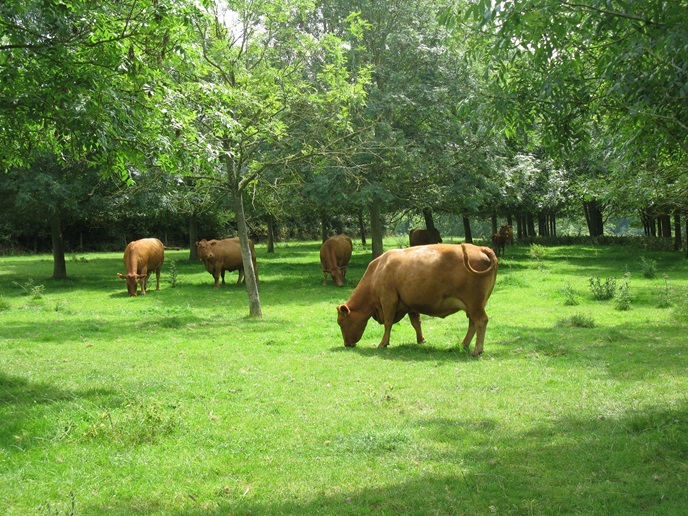Perfecting catfish farming for a sustainable food source
Aquaculture is key to boosting food security, providing a source of protein-rich food that does not put pressure on wild fish populations. The search is on to find species that respond well to farming and methods that are increasingly efficient and environmentally friendly. The EU-funded SilGen project(opens in new window) has developed a new, complex mass production system of premium quality European catfish. “Fostering the development of new, greener systems of aquaculture within Europe reduces the need for imports, lowering carbon footprints. Fish farms ensure the provision of nutritious, healthy and safe food,” says Andras Bulkai, technical director at the Hungarian project host, www.kseris.eu (Kseris Knowledge Transfer Non-profit). SilGen’s breakthrough was to create a system that offers a 200 % increase in productivity in comparison with traditional methods. Bulkai explains this is down to two innovative factors. “We have created a new brood of European catfish, which means our stock is resilient. Additionally, we have developed new types of feed that have been optimised for our technology. As a result, we have achieved better resilience, higher growth rates and much better food conversion rates (FCR). This saves the producer time, money and resources.”
Selective breeding to boost yields of farmed catfish
Catfish is a predator fish living in the wild. SilGen have optimised its brood so it can be efficiently farmed, guaranteeing a standard of quality each time, which is not possible in the wild. The team focused on optimising parameters like the fat and omega-3 ratios in parallel with the FCR and growth rate for the different hybrid species. The result of all this work is the quality, taste and texture of the fish produced.
Quality fish with a low environmental footprint
The project found that each form of the SilGen technology – intensive, semi-intensive or hybrid – has its advantages and disadvantages with respect to the factors analysed: carbon, nitrogen, phosphorus and oxygen. There is a certain amount of trade-off, depending on the geographical and environmental conditions such as water availability, the climate and so on. “Nevertheless,” notes Bulkai, “we could conclude that the SilGen method has a smaller environmental footprint overall with respect to other catfish production methods and other aquacultures, as well as other animal productions. This is especially the case when set-up is chosen optimally for the given location.”
Sous vide catfish coming to a plate near you
The project’s end result is about to hit the market, much to the team’s excitement. “By being able to produce high-quality catfish filets, we have developed new recipes for sous vide catfish and created a portfolio of convenience products that we are planning to launch on the market,” Bulkai adds. The project’s pleasure at having a marketable project is understandable given the constraints the pandemic placed on them. The success of the project was due to the experience of the partners Bulkai feels. “Each partner has been working on their specific area: technology, feed and brood, for a number of years. What we did in the frame of the project is to combine and optimise them to create something that is ‘perfect’. “Our main difficulty was that we had to carry out the project just as the pandemic started so we could not all meet in person until the end of the project. Also, our piloting was hindered as transporting fish sperm and fingerlings was rather difficult with the borders closed.” But the barriers were surmounted and a new source of efficiently produced, quality protein will be commercialised under the SilGen Noble Wels® brand(opens in new window).







